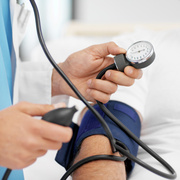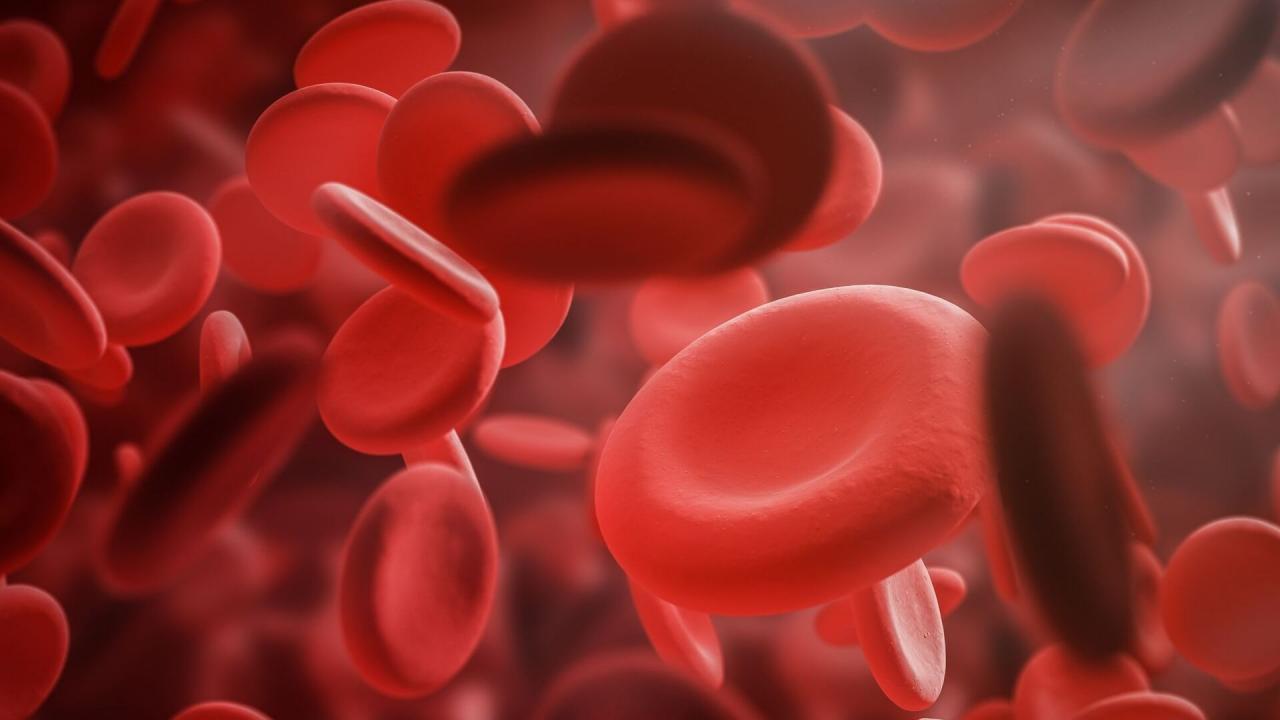 Stockbyte/Thinkstock
Stockbyte/Thinkstock
High blood pressure or hypertension is often called the silent killer because many people experience relatively few symptoms. While high blood pressure is a fairly common condition, often the warning signs -- headaches and dizziness -- are overlooked or mistaken as symptoms of other conditions.
According to the Mayoclinic, "most people with high blood pressure have no signs or symptoms, even if blood pressure readings reach dangerously high levels".
High blood pressure is a chronic condition and if untreated or controlled, it may lead to kidney damage, vision loss, metabolic syndrome, and interfere with cognitive functions such as memory and learning ability.
It can also lead to serious, life-threatening conditions such as heart attack, stroke, heart failure, or a brain aneurysm.
At times, high blood pressure can become a real health emergency or crisis that requires immediate medical intervention.
The two types of a hypertensive crises are hypertensive urgency and hypertensive emergency. Both types of hypertensive crises require immediate medical attention.
In hypertensive urgency, blood pressure rises to more than 180 systolic or 110 diastolic. Blood pressure is expressed as a ratio so you may see this referred to as 180/110 where systolic pressure is the top number and diastolic pressure the bottom number.
Normal blood pressure is less than 120/80.
Symptoms of hypertensive urgency may include anxiety, severe headache, nosebleeds, and shortness of breath. Persons with hypertensive urgency should be evaluated immediately so that medications can be adjusted and blood pressure lowered to avoid organ damage.
As with hypertensive urgency, a hypertensive emergency occurs when blood pressure levels are above 180/120, although it can occur at lower pressure levels if there’s no prior history of high blood pressure.
A hypertensive emergency is a much more serious condition which can become life-threatening. Symptoms of a hypertensive emergency include chest pain, seizures, severe headaches, unresponsiveness, shortness of breath, anxiety, and nausea or vomiting.
A hypertensive emergency may lead to:
- organ damage
- stroke
- aortic dissection
- heart attack
- damage to eyes
- damage to kidneys and loss of kidney function
- stroke
- memory loss
- angina
- loss of consciousness
- eclampsia
-pulmonary edema
People who experience severe high blood pressure along with vision changes, difficulty speaking, numbness or weakness, or chest pain should seek immediate medical attention as these symptoms may indicate that organ damage is occurring.
If you are experiencing severe high blood pressure, along with any of the symptoms described above, it’s important to seek medical attention as soon as possible.
Early medical intervention may prevent damage to organs as prevent the condition from becoming life threatening.
Sources:
Hypertensive Crisis. American Heart Association. 30 June 2011. http://www.heart.org/HEARTORG/Conditions/Conditions_UCM_301782_Article.jsp
Sheldon G. Sheps, M.D. Hypertensive Crisis: What are the symptoms? The Mayo Clinic. 25 Aug 2011.
http://www.mayoclinic.com/health/hypertensive-crisis/AN00626
High Blood Pressure (Hypertension). The Mayo Clinic. 24 Jan 2012. http://www.mayoclinic.com/health/high-blood-pressure/DS00100
Reviewed May 16, 2012
by Michele Blacksberg RN
Edited by Jody Smith





Add a CommentComments
There are no comments yet. Be the first one and get the conversation started!